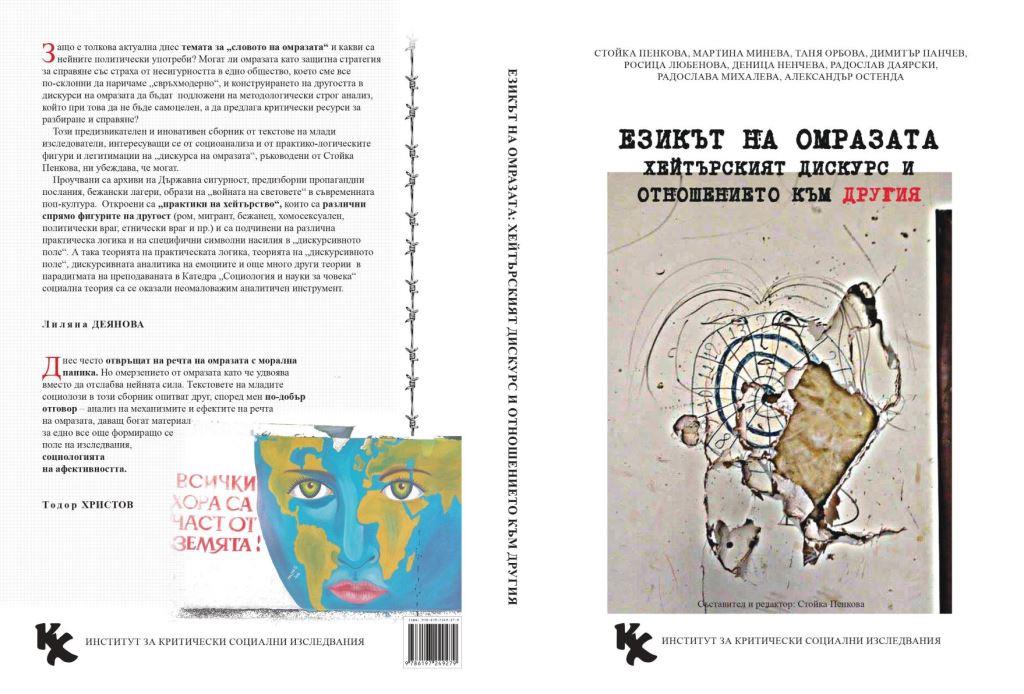Дискурсивна аналитика на емоциите
Discursive Analytic of Emotions
Hate as a Socioanalytic Problem
Author(s): Stoyka Penkova
Subject(s): Social Sciences, Sociology, Social differentiation, Identity of Collectives
Published by: Пловдивски университет »Паисий Хилендарски«
Keywords: discourse; emotions; emotives; hate; fear; socioanalysis; discoursive analytics of emotions
Summary/Abstract: This analysis offers an experimentation with the possibility to explore the discursive manifestations of hate as a specific emotional mode. It is an attempt to combine the analytics of discourse with an analytic of emotions and to incorporate the analysis of affective structures and emotional expressions in the objects researched by the historical sociology of discoursive practices, or HSDP (Penkova 2009, 2013c). For this purpose, the paper first explains the basic prerequisites of the HSDP and the sociology of emotions in order to clarify the need for their mutual exploration in a discoursive analytic of emotions. Going through the socioanalytical problem of hate, the next step is to introduce the concept of „emotive” (Reddy 2005) in order to prove the thesis that the hate emotives are special discursive and bodily expressions directed at the Other as an object of affection that categorize it negatively and which by themselves contribute to the attribution of essentially negative discursive identities. Emotives are directly influenced by affective interactions, and with this they change what they relate to. This reveals the more general research intention to problematize hate and fear as those increasingly intrusive emotional regimes in which we try to grasp the befalling events in the „long” 21st century, and thus to highlight the main accents, by which a discursive analytics of emotions could interpret the particular ontological ambivalence of the late-modern life situation – both risky and vulnerable, as well as the need for new research approaches and methodologies for its problematization.
Book: Езикът на омразата : Хейтърският дискурс и отношението към другия
- Page Range: 69-104
- Page Count: 36
- Publication Year: 2018
- Language: Bulgarian
- Content File-PDF

